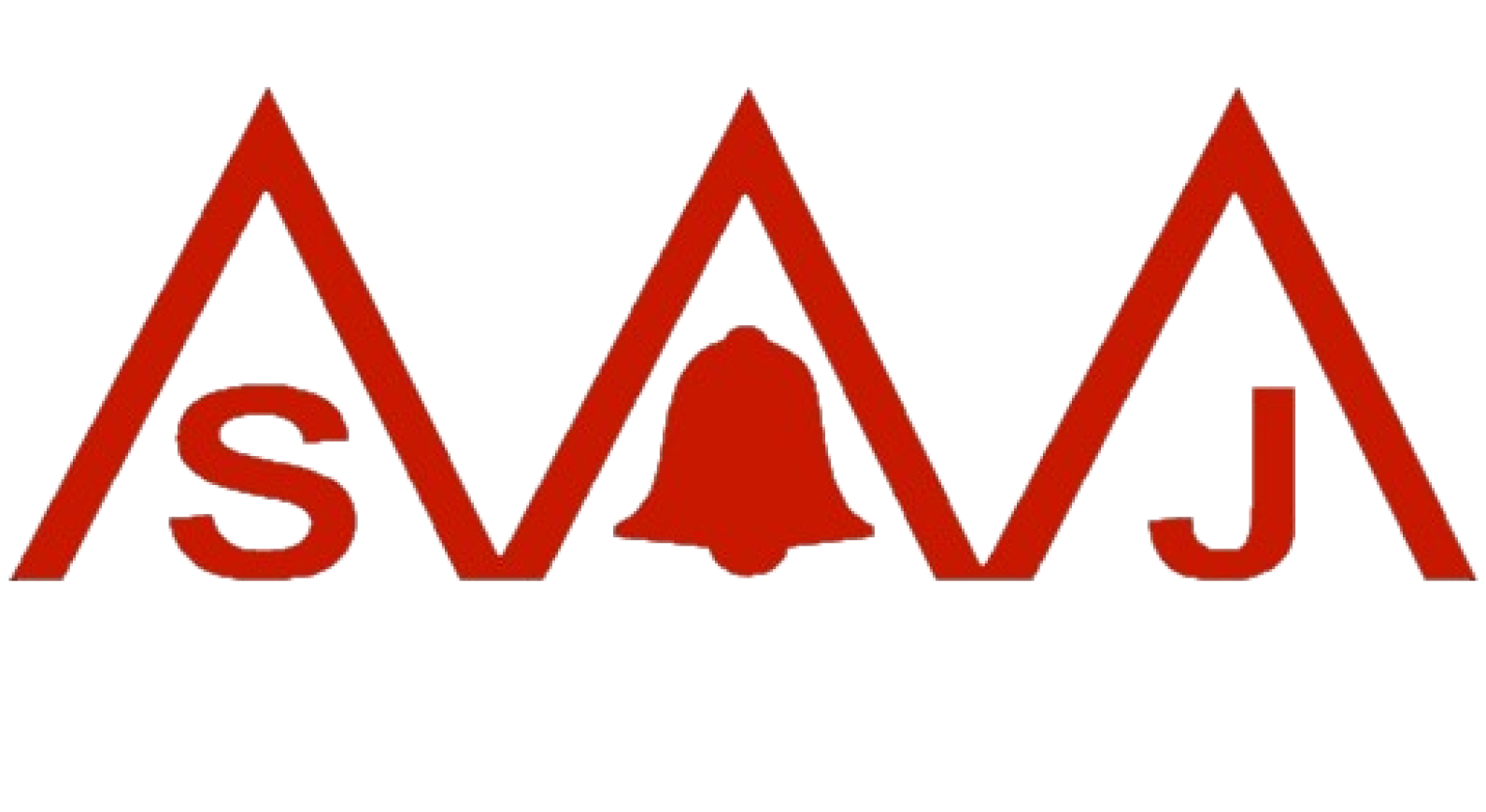Geography
Intent:
We have a plan of objectives, usually embedded into our projects, to help teachers ensure they have covered the skills required to meet the aims of the national curriculum. The intent is to ensure all pupils feel inspired and enjoy producing creative, imaginative work. The content allows for a broader, deeper understanding of the four areas of geography identified in the curriculum. Locational knowledge, place knowledge, human and physical geography and geographical skills and fieldwork. It will develop contextual knowledge of the location of globally significant places and understanding of the processes that give rise to key physical and human geographical features of the world, along with how they bring about variation and change over time. We intend to develop children’s curiosity and a fascination of the world and its people that will remain with them for the rest of their lives. The projects offer a range of opportunities for investigating places around the world as well as physical and human processes. Lessons are intended to improve children’s geographical vocabulary, map skills and geographical facts and provide opportunities for consolidation, challenge and variety to ensure interest and progress in the subject.
Implementation:
Geography is usually planned as part of our cross curricular projects, using our objective tracking document to ensure coverage and progression document to ensure the development of skills and knowledge. The lessons may be planned as individual lessons or series of lessons which include resources available to support the teaching. In KS1, children begin to use maps and recognise physical and human features to do with the local area and beyond, building to using maps to explore the continents and oceans of the world. Further, children will begin to compare where they live to places outside of Europe and ask and answer geographical questions.
In KS2, map skills are developed further using digital maps, more keys and symbols and children begin to use more fieldwork skills. Through revisiting and consolidating skills, our project plans and resources help children build on prior knowledge alongside introducing new skills and challenge. All children expand on their skills in local knowledge, place knowledge, human and physical geography, geographical skills and fieldwork. Across both key stages, children have a range of opportunities to experience geography through practical engaging tasks beyond the classroom. Key vocabulary is on project plans, to be used by children to deepen their geographical knowledge.
Impact:
Teachers and pupils across school are enthusiastic about Geography, teachers have higher expectations of work presented in books. Children are starting to be taught a greater variety of geographical vocabulary which they are able to use accurately. They are also being taught to understand the different strands of geography, with a deep understanding of the Earth’s key physical and human processes. Children are beginning to make relevant links from geography to other curriculum subjects, such as history and science. Their enquiry skills are improving and they are becoming more inquisitive about the world around them, and their impact on the world. Children are starting to realise that they have choices to make in the world, developing a positive commitment to the environment and the future of the planet. Children are becoming competent in collecting, analysing and communicating a range of data gathered. They are developing their ability to interpret a range of sources of geographical information and communicate geographical information in a variety of ways. Children are becoming increasingly able to speak confidently and demonstrate their physical/practical skills about their geography learning, skills and knowledge.
